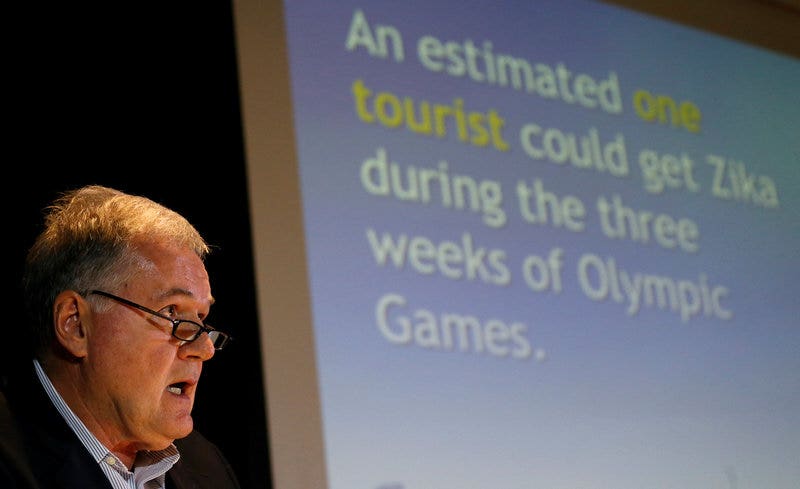Wide state-by-state variations in how often U.S. doctors prescribe opioid pain killers underline the need for tighter regulations for “pain clinics” that dispense the potentially deadly drugs, particularly in Southern states, a federal agency said on Tuesday.
The United States has the highest per-capita consumption of opiate pain killers in the world, twice as high as number two ranked Canada, according to the Centers for Disease Control and Prevention.
The CDC said Southern U.S. states, particularly Alabama, Tennessee and West Virginia, had far greater rates of pain killer prescriptions than other parts of the country, and recommended states develop databases to track pain killer prescriptions and consider tougher regulations on pain clinics.
Alabama leads the nation for prescriptions of opiate pain killers, with 142.9 prescriptions per 100 people, compared to 52 in Hawaii, which had the lowest rate in the nation, the CDC study said.
“Nearly 22 times as many prescriptions were written for oxymorphone in Tennessee as were written in Minnesota,” the agency said. “For states that prescribe well above the national rate, the need for a change in prescribing practices is urgent.”
Each day in the United States, 46 people die from overdosing on prescription pain killers, according to the CDC. To ease the risks, the study recommended states consider new laws and regulation “relating to pain clinics to reduce prescribing practices that are risky to patients.”
“Prescription drug overdose is epidemic in the United States,” CDC director Tom Frieden said in a statement. “All too often, and in far too many communities, the treatment is becoming the problem.”
The CDC lauded Florida’s efforts to reduce excessive pain killer prescription abuse after a 28 percent jump in overdose rates, saying tougher regulations there led to a 23 percent drop in prescription drug overdose rates from 2010 to 2012, it said.
Florida, along with the Drug Enforcement Administration, launched “Operation Pill Nation” in 2010 expanding regulations on pain clinics and later conducted statewide raids, that led to arrests, seizing of assets and closing of clinics, the CDC said.







Leave a Reply